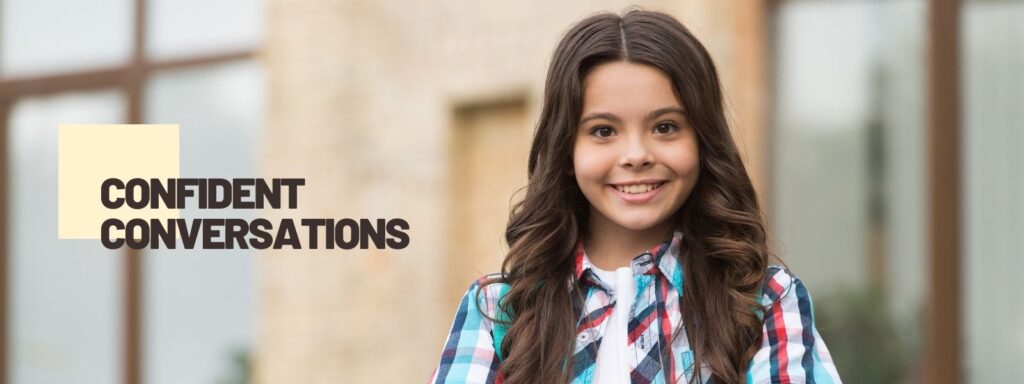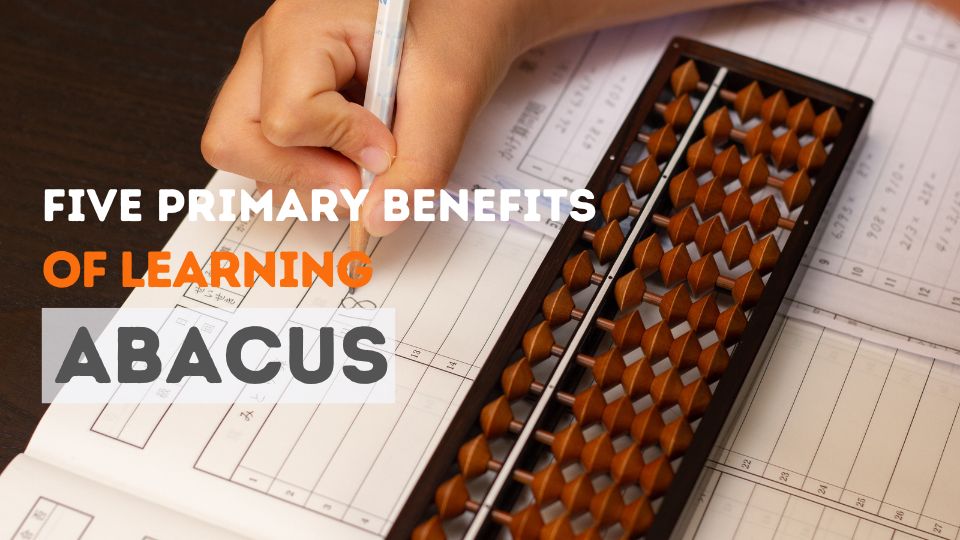Silent Saboteurs: How Tiny Words Undermine Your Conversations
You know that moment? When someone says, “So, um… I guess we could, like… you know?” We’ve all been there – as speakers AND listeners. Those little “aaa”s, “umm”s, and “basically”s? They’re called filler words (or “crutch words”). And while they feel harmless, they secretly weaken your message.
Why Do We Lean on These Crutches?
Truth is, fillers sneak in for relatable reasons:
- Brain lag: Buying time while your thoughts catch up (“What’s next…? Umm…”).
- Half-baked ideas: Talking about something you don’t fully grasp.
- Word-finding fails: When the perfect word hides from you.
- Over-explaining: Rambling because you’re unsure you’ve been clear.
The Hidden Cost of “Like” and “You Know”
Fillers aren’t just noise – they’re credibility killers:
- Audiences tune out. Your brilliant idea gets lost in the “um”s.
- You seem unprepared or nervous. (Ever seen listeners glaze over or check phones?)
- Your confidence evaporates. Fillers make you sound unsure – even if you’re not!
Think of the last shaky presentation you heard. Chances are, fillers flooded it.
Classic Culprits (and Cringe Examples):
We all have our favorites. Do you recognize these?
- “Umm/Aaa/Errr”:
“The deadline was… ummm… kinda tight? Aaaand… we missed it.” - “You Know” / “Know What I Mean?”:
“The code broke because, you know, the loop was wrong? Know what I mean?” - “Like”:
“She was like… upset? Like… really upset?” - “Basically/Totally/Literally”:
“I basically told him no. He literally exploded. I totally panicked.” (Ouch.) - “I Guess”:
“This is the right font… I guess?” (Sounds shaky, right?)
Silence Your Fillers: 6 Practical Steps
Ready to speak with clarity? Start here:
- Spot Your Crutches:
Record yourself on a phone call or Zoom. Cringe? Good. That’s step one. Notice when you say them (nervous? transitioning?). - Embrace the Pause:
Silence isn’t awkward – it’s powerful. Replace “ummm…” with a calm breath. Your audience will lean IN. - Practice (Like Your Reputation Depends On It):
Rehearse key sentences aloud. Join a speaking group (Toastmasters!). Debate friends. Feedback is gold. - Master Your Material:
Know your stuff cold. If you understand it deeply, you’ll fumble less. Bullet-point notes > memorized scripts. - Mirror Work:
Talk to your reflection. Notice nervous gestures, rushed pacing, or filler avalanches. Adjust. - Grow Your Word Garden:
Read voraciously. Learn 2 new words daily. Use a thesaurus. More words = fewer “thingamajig” moments.
The Bigger Picture
Great speaking isn’t about perfection – it’s about connection. Ditch the crutches, and your ideas will shine brighter. Your audience will trust you more. And you? You’ll feel unshakeably confident.
Ready to begin? Watch a TED Talk and dissect how the pros speak. Or join a local speaking club. Your voice matters – don’t let tiny words drown it out.





Pingback: How to develop a strong reading habit with 15 minutes a day